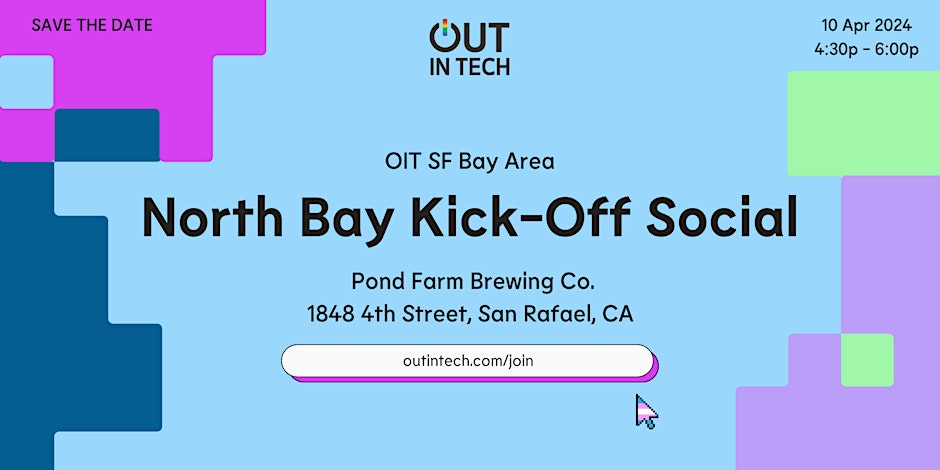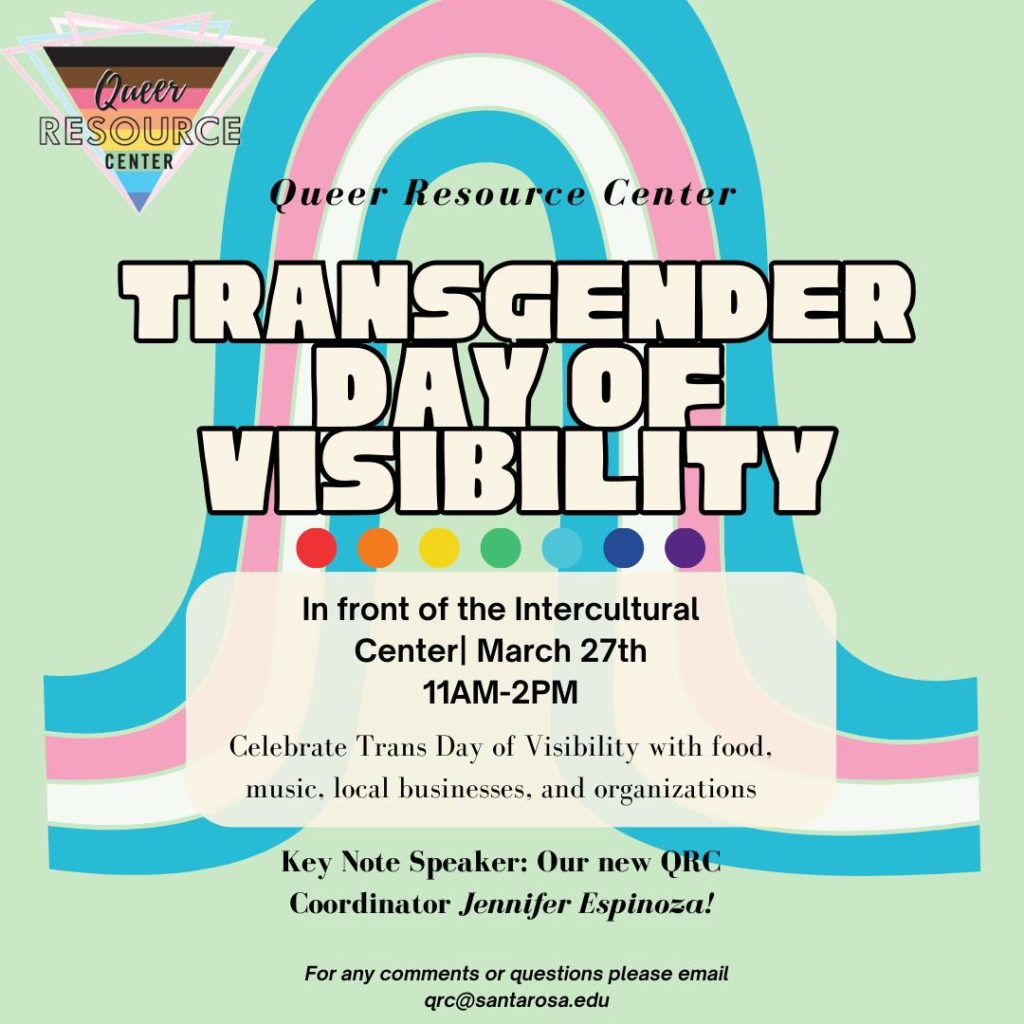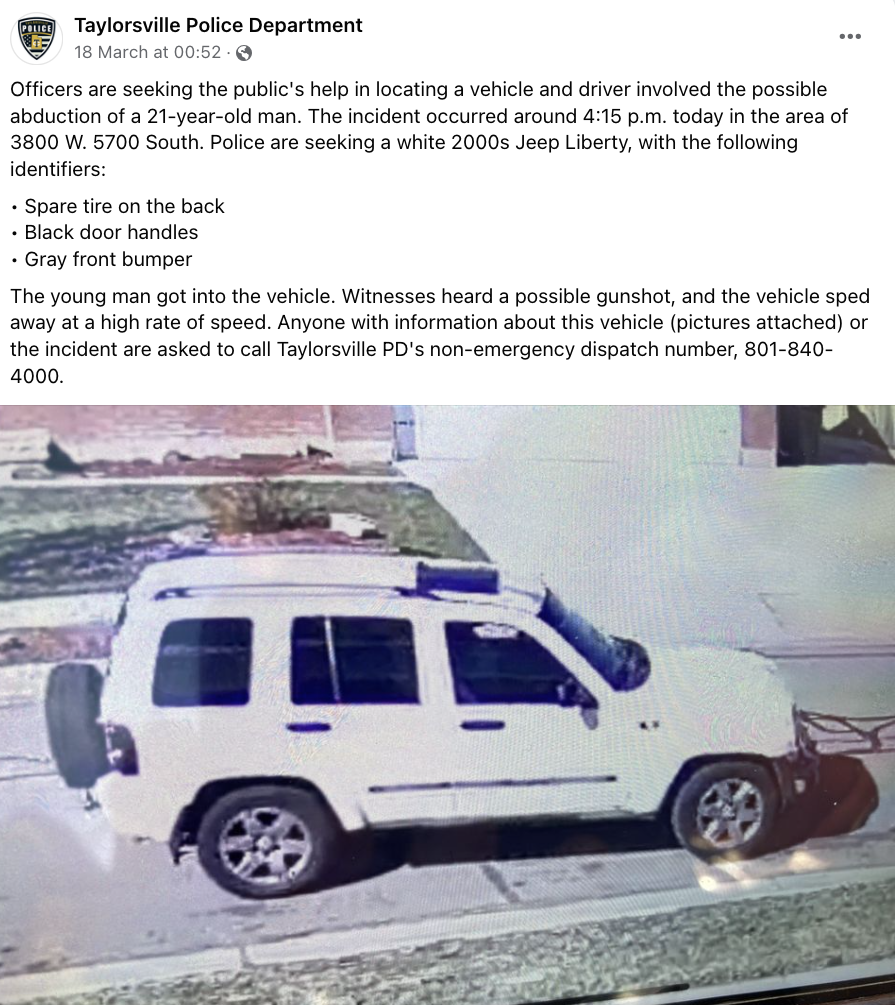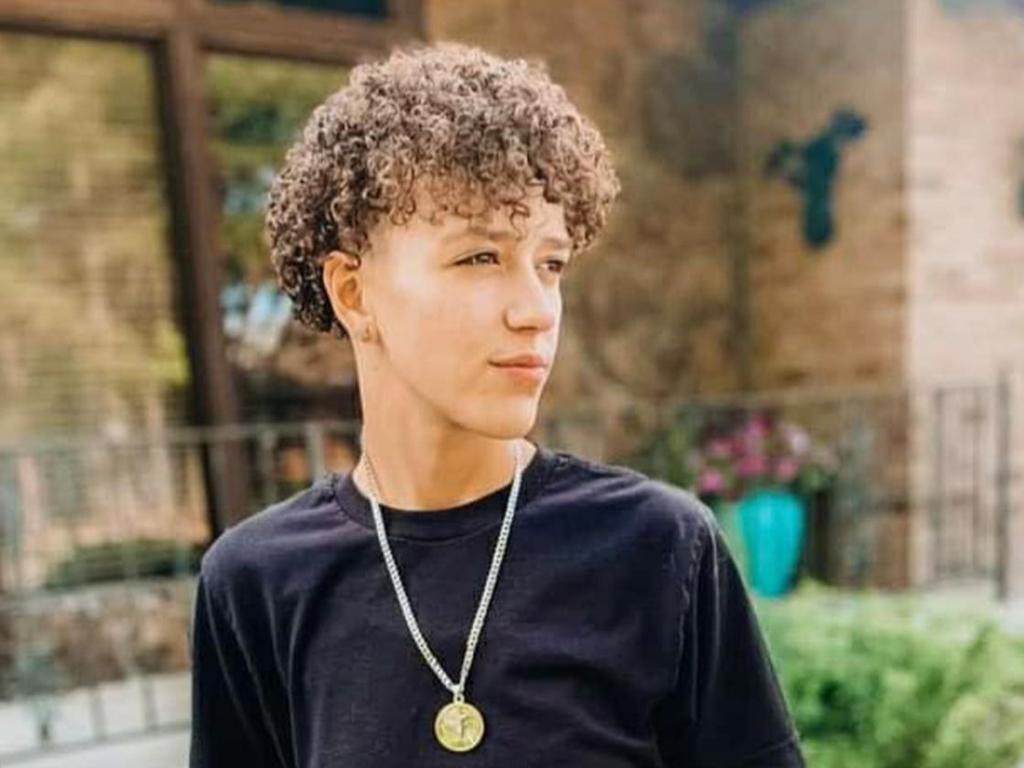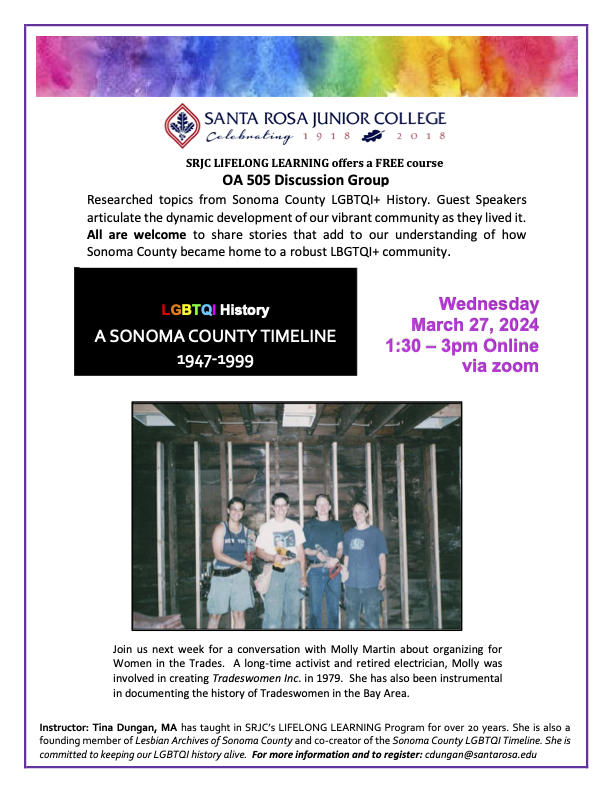The bipartisan measure to avert a government shutdown includes a provision that would effectively ban LGBTQ Pride flags from flying over U.S. embassies.
Although the $1.2 trillion, 1,012-page-package does not explicitly mention barring Pride flags from flying at U.S. embassies, its text embraces a Republican-led effort to prohibit the display of the LGBTQ Pride flag at government buildings.
“None of the funds appropriated or otherwise made available by this Act may be obligated or expended to fly or display a flag over a facility of the United States Department of State” other than the U.S. flag, the POW/MIA flag, the Hostage and Wrongful Detainee flag, flag of a state, flag of an Indian Tribal government, official branded flag of a U.S. agency or the sovereign flag of other countries, the text reads.
The provision does not address the display of these flags in other locations, such as on embassy grounds or in offices, a source familiar told NBC News.
The Biden administration urged Congress to pass the spending bill, describing it as a “compromise between Republicans and Democrats” in a statement the White House released Thursday. The measure would keep the government funded through Sept. 30 ahead of a midnight deadline.
A White House spokesperson told NBC News on Saturday that Biden “believes it was inappropriate to abuse the process that was essential to keep the government open by including this policy targeting LGBTQI+ Americans.”
“The Administration fought against the inclusion of this policy and we will continue to work with members of Congress to find an opportunity to repeal it. We were successful in defeating 50+ other policy riders attacking the LGBTQI+ community that Congressional Republicans attempted to insert into the legislation,” the White House spokesperson added.
At least one Democrat slammed the provision. Speaking with reporters on Thursday, Rep. Greg Casar, D-Texas, the progressive caucus whip, chalked it up as “laughable.”
“It shows just how low the Republican Party has gotten that they’ve threatened to shut down government services over trying to figure out which flags can be flown in front of which buildings,” Casar told reporters. “I think it’s laughable, not just to Democratic voters but to Republican voters.”
House Speaker Mike Johnson reportedly touted the provision as a victory in a closed-door meeting with other Republican lawmakers on Wednesday morning, according to Bloomberg.
Some LGBTQ advocates downplayed the provision’s impact and pointed to successful efforts from the White House and Democratic congressional leaders to remove several anti-LGBTQ provisionsRepublicans had originally added to the funding measure, including a limit on gender-affirming care for transgender Americans.
“It poses absolutely no limits to other displays of a pride flag, hosting LGBTQ+ events or embassy employees’ ability to display Pride flags in their workplaces,” Brandon Wolf, a spokesperson for the nation’s largest LGBTQ advocacy group, the Human Rights Campaign, said in a statement Friday. “This is desperate spin from a Speaker whose MAGA members just saw their effort to hijack the appropriations process roundly rejected.”
In 2019, the Trump administration began rejecting requests from U.S. embassies to display Pride flags on flagpoles during LGBTQ Pride Month.
Pride flags were again allowed to fly at U.S. embassies during Pride Month after Biden was sworn into office in 2021. However, that same year, House Republicans introduced legislation, known as the “Old Glory Only Act,” which would have required the secretary of state to ensure “that no United States diplomatic or consular post flies any flag other than the United States flag over such post.” The measure was unsuccessful.
On a local scale, there has also been a push to enact effective Pride flag bans.
In January, Florida state lawmakers advanced a measure that would ban teachers and government employees from displaying flags that depict a “racial, sexual orientation and gender, or political ideology viewpoint.” And this month, more than 58% of voters in Hunting Beach, California, cast ballots in favor of a measure to prohibit the Pride flag and other nongovernmental banners to fly on city property.
The efforts to prohibit the flag — a decades-old symbol of unity and LGBTQ equality — come as far-right ideologues are attempting to link the flag to a trope that links gay and transgender people to child abusers who want to “groom” or sexualize children.
